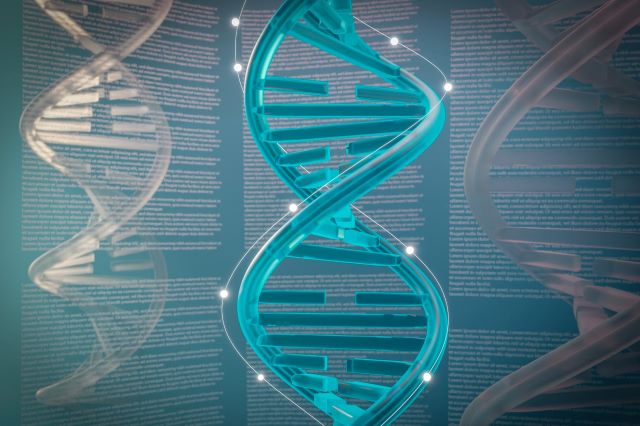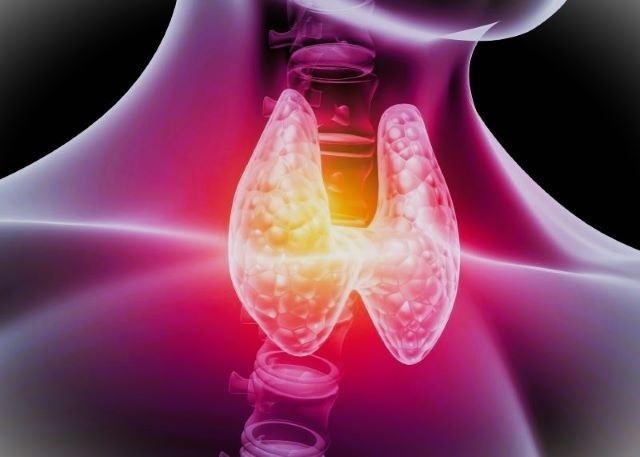The Truth About Sweeteners: A Healthy Alternative or a Hidden Danger?

Sugar substitutes are substances used instead of sugar to provide a sweet taste in food and beverages. Their popularity stems from the desire to reduce calorie intake. Artificial and natural sweeteners allow people to enjoy sweetness without extra calories, which is especially appealing to those managing their weight, following a diet, or monitoring their body’s energy balance.
In addition, sugar substitutes help regulate blood glucose levels. People with diabetes often use them to avoid sharp spikes in blood sugar caused by regular sucrose. Some sweeteners have minimal impact on insulin response, making them a convenient alternative for controlling metabolic processes.









